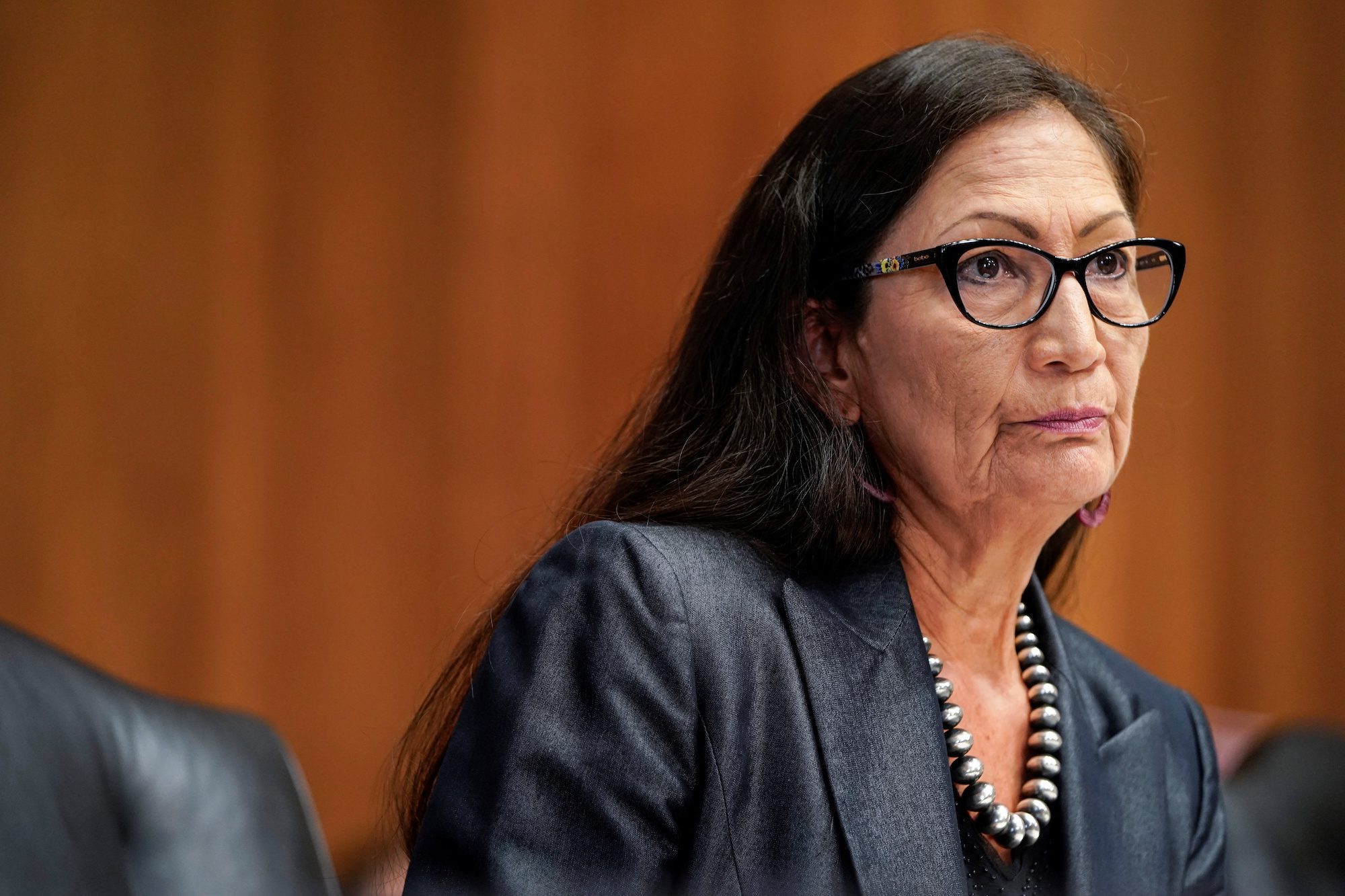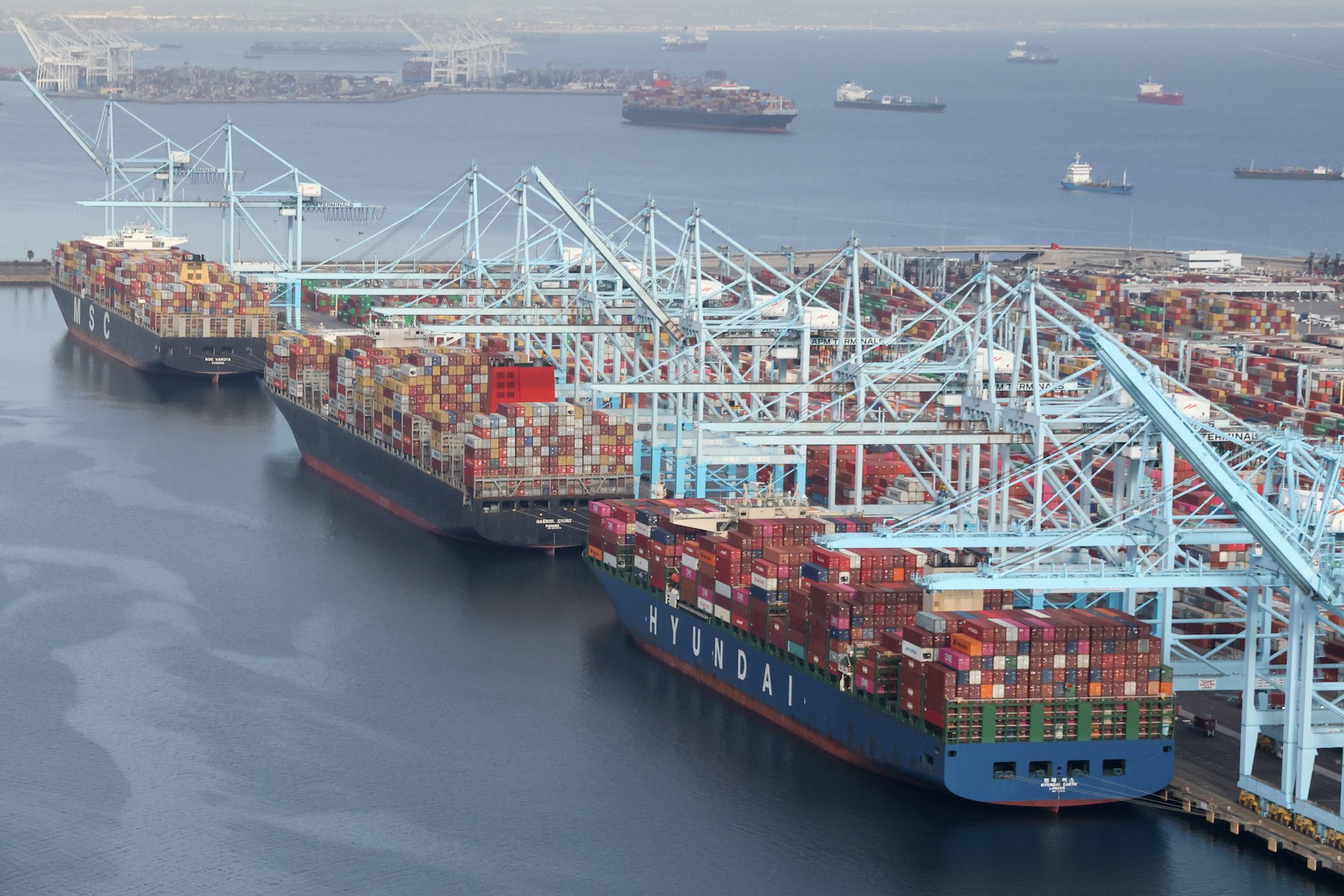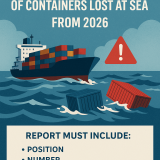Demurrage is an issue that is necessary, but nobody likes. Simply put, it is a cost levied by the vessel owner when a vessel outstays its allowed time in port. It is a fundamental part of the contract for carriage of goods as set out in the charterparty document.
It is obviously important. An examination of charterparty documents shows that approximately 75% of the clauses are to do with in-port operations. When we look at the utilisation of dry cargo vessels, we see that over 45% of their time is spent in port. So, it’s clear that this waiting time is a commercially and contractually important issue.
Plus, it’s not something that is limited to just the vessel owner and the charterer – the charterer will charge their traders for demurrage incurred.
In fact, vessel owners have the simplest part: they need to calculate and invoice just their charterer. But behind the charterer there lies a whole supply chain of interlinked trades. For some trades there can be many buy/sell interactions where the trading company never sees the physical cargo at all, but is still a party to the demurrage claim.
They will have bought and sold on either an FOB/FOB or CIF/CIF basis. They may very well have the same terms on each side and hence will net the demurrage charge to zero. But this is not the end of the story. There are many costs to execute these supposedly zero transactions: internals costs, time value of money, banking charges. The charges can’t be re-routed from the original issuer to the end receiver as there is no direct contractual relationship.
The effect of this is twofold. First each party in the trade chain has to perform a demurrage calculation for which they need the port Statement of Facts (SOF). Without the SOF they can’t even begin to see if the calculation is valid. Each party along the trade chain will (or should) perform their own calculation. This means entering the SOF into their demurrage calculator. This is done by transcribing the SOF from its original format, most often by hand. This process is fraught with typographical errors, which creates mistakes in the claim and slows the process down.
The second effect is that, believing that they have a net zero exposure, why would anyone in the trade chain make this their most important task? It is all too easy to see such claims not having priority for demurrage analysts’ time. This means delays in the time taken to settle the claim. The claim is something that is contractually binding on the charterer to pay the owner. Though it rarely states this in the charterparty it is industry practice that each party in the trade chains doesn’t pay any demurrage invoice until they themselves have been paid.
The overall effect of this is that the vessel owner is left waiting for payment of a perfectly valid invoice, often for many months. An audit of one trading company found annual demurrage charges of around $300 million; there was at any point in time at least $75 of outstanding demurrage claims stuck in the system. Vessel owners are acting as the de facto bankers to the shipping industry – they can do only one of two things in this situation, which is to raise rates to charterers, or take the hit in an already depressed market.
Solutions for the 21st Century
There are solutions to this. The first is simple. If the vessel owning industry were to adopt digital Statement of Facts, then the whole process of handling the SOF could be reduced or in many cases eliminated altogether. Electronic documents for the SOF can be created that will integrate directly into the trading systems or standalone laytime calculators.
There is a need to improve the demurrage calculation process. By having automated calculators that understand the trade terms in the trade contract and charterer party we can approach the goal of Straight Through Processing (STP) with much reduced manual intervention. The manual processing used today simply adds friction to the process and creates errors in interpretation that delay the acceptance of claims. Manual handling of the demurrage claim should be reserved for the 20% of really complex claims that are beyond the capability of today’s systems.
Beyond this is the need to bring collaborative automation to the negotiation process. Osiris is working on solutions that will make it much easier to securely exchange and forward claims, documents and messages up and down the supply chain. By making it easier for involved parties to action requests rather than put them off until tomorrow, the whole problem of inertia can be addressed. Information can flow up and down the chain automatically.
When claims are agreed by the end parties, the use of digital currencies can make the movement of monies from the payees to the end receiver (the vessel owner) far quicker without minimal involvement from the intervening party.
The solution to the SOF problem
Anyone who has worked in demurrage knows that the Statement of Facts can be delivered in any number of formats. Some as Excel sheets, but with no standard layout or format. Some as PDF files, but not all of these are delivered as PDFs that can be easily transcribed. We’ve even seen some written longhand on plain paper and faxed to the receiver. In the 21st Century there simply has to be a better way.
SOFeXchange is the answer. Using this system all parties at the port can collaborate in real-time to create a single SOF that all can agree on. Any discrepancies can be sorted out when they happen, and not when documents are agreed some days later. By using Smart Laytime Events™ the time taken to record events is reduced – often to just a single click.
The electronic SOF is then made available to the owner, charterer and traders who can import it into their laytime calculators. By making the SOF available in a format that best suits their needs the SOF can be loaded with no need to retype. Hence, all the time costs of this process are avoided and typos are eliminated.
SOFeXchange is available from Osiris Consultants Ltd, who are specialists in optimising trade logistics. Osiris have over 40 years of business process transformation, of which 20 have been spent in the commercial maritime sector. Contact Adrian Challinor via www.sofexchange.com, by email to adrian.challinor@osiris.co.uk or by phone to +44-(0)7860-290-883
SOURCE READ THE FULL ARTICLE
The Problem With Demurrage












